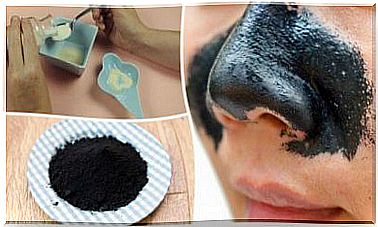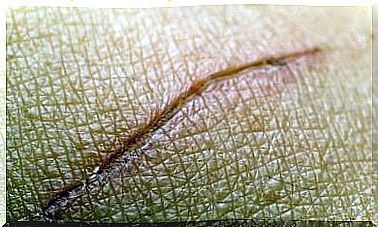A New Molecule To Treat Ovarian And Pancreatic Cancer
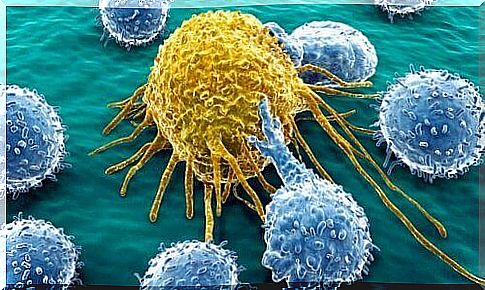
Stanford Medicine College at Stanford University in California has developed something incredible. They have designed a molecule that can become one of the best allies in the fight against ovarian and pancreatic cancer… and it can do so in just a few months.
At the moment, the molecule is still in a stage, but the results from tests done on labs are very positive. The molecule works at an encouraging level. It not only stops the development of cancer, but also causes regression.
The study has been published in various publications, including Stanford Medicine. Scientists are optimistic that we can find a cure for these diseases in the near future.
A “baseball glove” against ovarian and pancreatic cancer
They call the molecule the “baseball glove.” This is because of both how it presents itself and how it works. First, it uses bait to “capture” cancer cells. Later, it removes them from the game, much like a baseball glove.
Amato Giaccia is the director of this important study. He and his team are trying to find new practical directions for the treatment of ovarian and pancreatic cancer.
These two diseases have a lot in common. Because of this, Giaccia has decided to conduct a study that can be used in the treatment of both of these oncological diseases. Here is what they have in common:
- Both diseases are difficult to detect in the initial stages. They are also making very rapid progress.
- Tumors appear on the ovaries or pancreas. When these tumors are detected, the affected parts of the organ are surgically removed.
- After that, the patient has to go through a series of treatments with chemotherapy and radiation therapy.
- The treatments are usually very aggressive. The patient is weakened. Unfortunately, these treatments do not eliminate the risk of the cancer returning.
Now let’s take a look at how this molecule works and how it could possibly change the medicine and cancer treatments.
The molecule that knocks cancer cells out of play
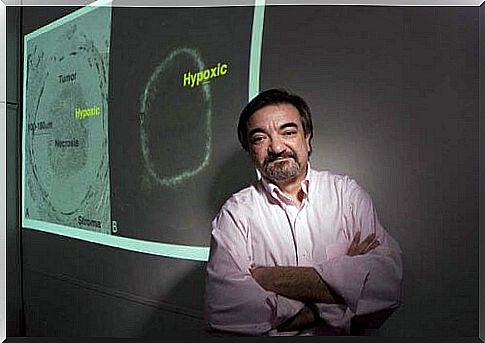
As we mentioned, both ovarian and pancreatic cancer develop very quickly. Once a patient has been diagnosed, other organs may have already been affected by the cancer.
- A cancer that has spread is a major challenge for doctors. It is also a source of anxiety for the family and the patient.
- Until now, most medical studies have focused on finding a way to slow down cancer development, to give the patient a good quality of life.
- However, Dr. Amato Giaccia and his team have developed a molecule that not only stops the growth of tumors, but also causes regression of the cancer.
The molecule acts as bait. It combines with a protein from the sixth gene and then both stops the growth of the tumors and destroys them.
- It does this by stopping the functions of the tyrosine kinase receptors, a necessary part of the survival and growth of tumor cells.
- This molecule, also called the “baseball glove”, can completely “vaccinate” the patient. This is especially true if the treatment is combined with chemotherapy for a more effective treatment.
By doing this, the molecule destroys the tumors and the disease returns.
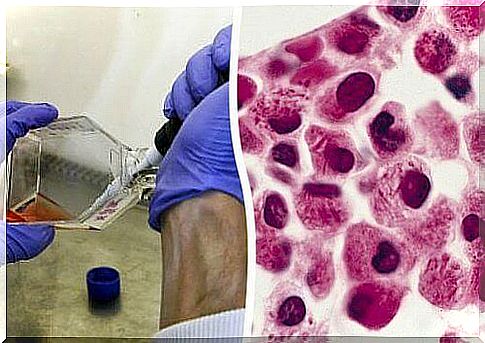
Expectations for the future
The study is still at an experimental stage. So far, the results have only been demonstrated in animals.
We are still waiting for the long-awaited leap to clinical trials. After all, there are patients with ovarian and pancreatic cancer who are waiting for a cure for their disease.
Currently, this molecule has been named MYD1-72. Scientists hope that it can provide the following benefits:
- It can be offered as a less aggressive, complementary therapy. Patients’ kidneys and immune systems will not be as exposed after treatment with this molecule.
- MYD1-72 has led to 95% of diseases that are not in an advanced stage having withdrawn in animals.
- When it comes to advanced, spread cancer, the success rate is 51%. However, in more severe cases, doctors will still go for a combination of chemotherapy to reduce the cancer’s ability to function.
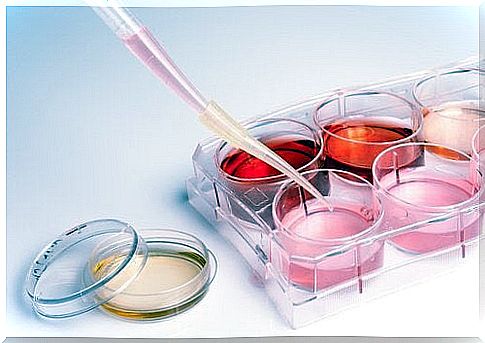
Clinical trials will begin in the near future.
The hope is that the results will be very positive. The scientists behind this study have predicted the development of new molecules, or “baseball gloves”, to treat other types of cancer as well.
In the meantime, we will follow the news of more progress.







